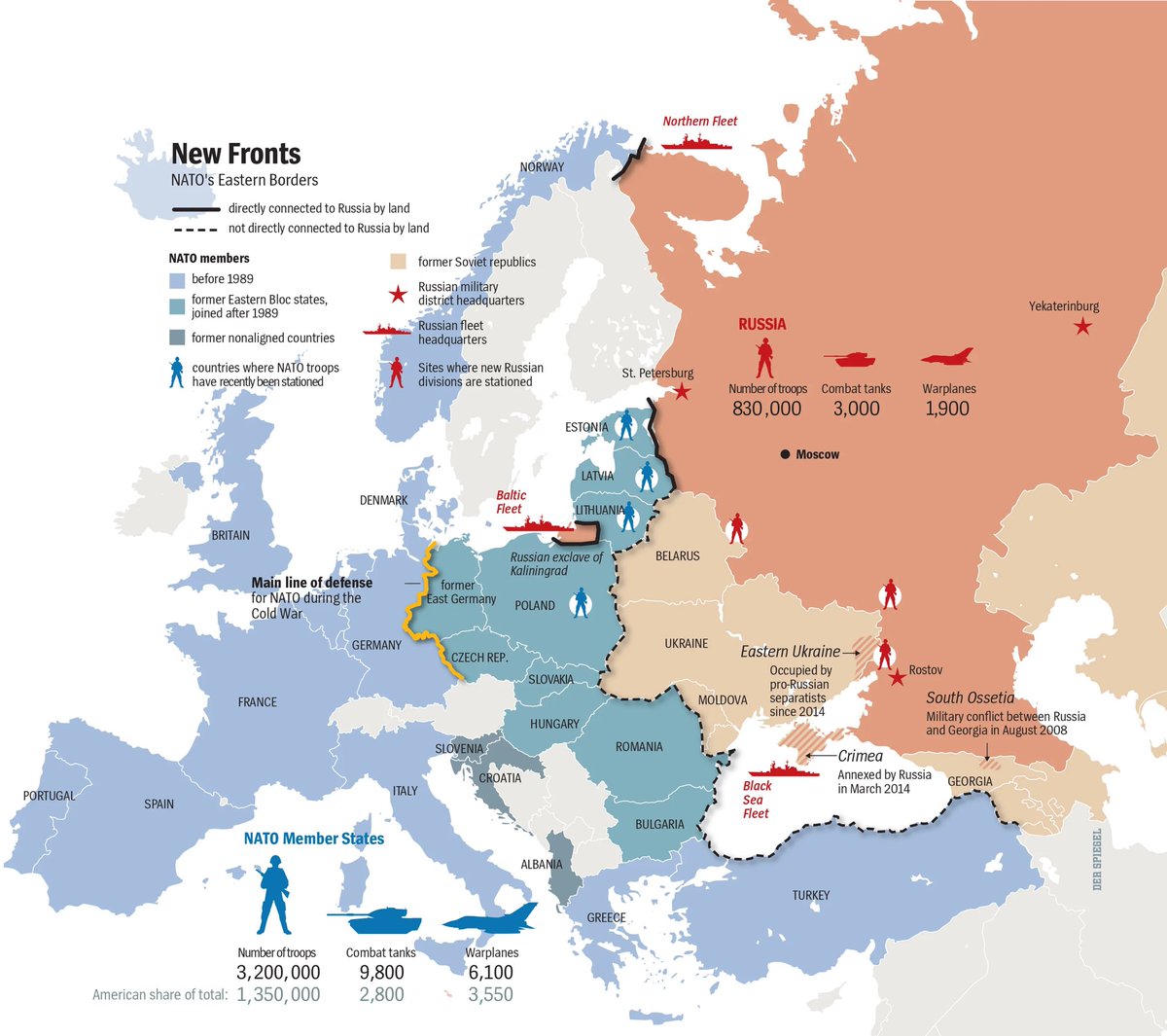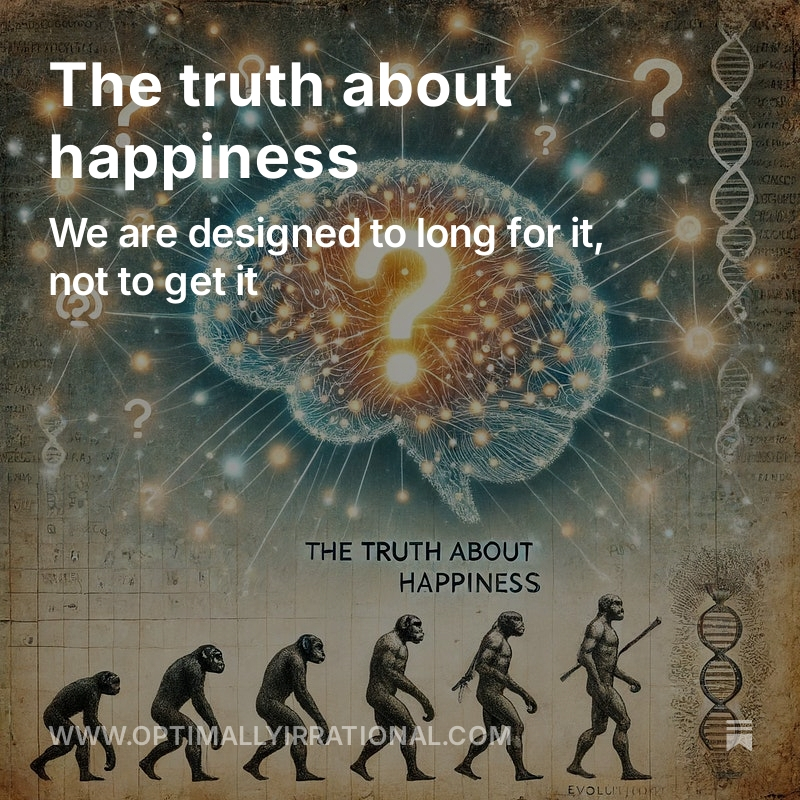It is regrettable that many Western commentators repeated Putin’s narrative that the problem came from an aggressive NATO expansion aimed at encircling Russia.
Time for a reset of narratives. Here are some simple insights, informed by our work on the game theory of alliances. 🧵
Time for a reset of narratives. Here are some simple insights, informed by our work on the game theory of alliances. 🧵

NATO is a voluntary association, and an association with Russia would also have (initially) been largely voluntarily.
But Eastern European countries *demanded* to join NATO. While NATO countries were initially not warm about this prospect.
But Eastern European countries *demanded* to join NATO. While NATO countries were initially not warm about this prospect.

What about countries from the former USSR (Georgia, Armenia, Ukraine)? Russia proposed an economic integration, the “Community of Independent States” (CIS). It failed because the other countries resisted integration.
CIS 👇
CIS 👇

The reasons are now obvious for everybody to see. Small countries run the risk of being bullied in an alliance with a hegemonic partner. In such an alliance, they have very low bargaining power 👉 they are at the mercy of later “revisions” of the terms of the alliance. 

The reaction from satellite countries was not paranoid. Russia used pressure to force Georgia and Moldova in the CIS. Then it established the “Monroeski Doctrine”, stating its right to intervene in CIS states to “protect” the right of ethnic Russians. 

The “protection of an ethnic minority” argument is a go-to excuse to interfere in another country, and therefore could not provide confidence in the future attitude of Russia. The current events provide, unfortunately, a vivid demonstration. 

As a consequence of these concerns. Countries skeptics about an integration with Russia created in 1997-99 the GUUAM group (Georgia, Ukraine, Uzbekistan, Azerbaijan, Moldova), to increase their bargaining power against Russia, 

These concerns are why Eastern European countries have been interested to join the EU and NATO: they try to escape the threat of being vassalised in an alliance with Russia.
And NATO’s aggressive expansion? NATO countries have rejected Ukraine’s and Georgia’s membership.
👇
And NATO’s aggressive expansion? NATO countries have rejected Ukraine’s and Georgia’s membership.
👇

It is mind-boggling how many commentators in the West have blamed NATO’s aggressiveness. When, instead, NATO has repeatedly opted not to fight to stop Russian military interventions in Georgia, Syria, and Ukraine. 



In short, Eastern European countries had a choice, they opted for the European Union and NATO, when they could, for the security it offered them. Remember, this was Kyiv in 2014. 

We need to stop the “NATO aggression” narrative. It has been used as an excuse by an authoritarian state to:
- crush the democratic aspirations of peoples in several European countries,
- reinforce the police strate in Russia against the aspirations of Russian citizens.

- crush the democratic aspirations of peoples in several European countries,
- reinforce the police strate in Russia against the aspirations of Russian citizens.


/end
These insights are informed by our work on coalitional game theory, where we used Russia and its alliance as an illustration of a “too big to prevail” paradox.
drive.google.com/file/d/1JhRiFp…


These insights are informed by our work on coalitional game theory, where we used Russia and its alliance as an illustration of a “too big to prevail” paradox.
drive.google.com/file/d/1JhRiFp…



• • •
Missing some Tweet in this thread? You can try to
force a refresh





















